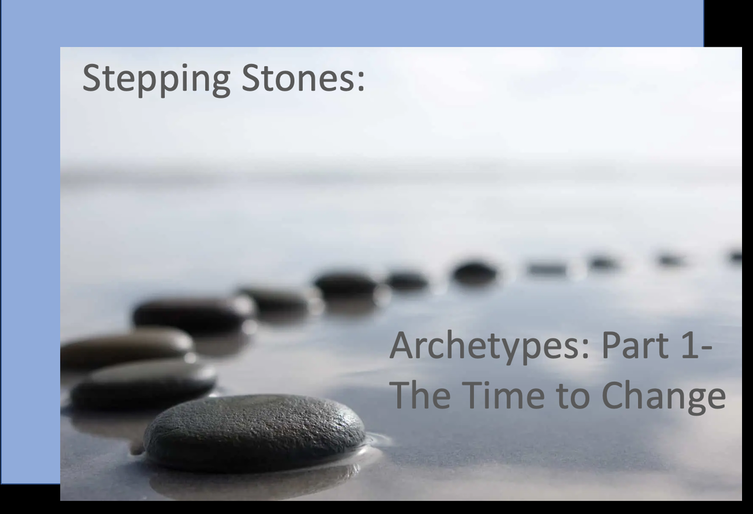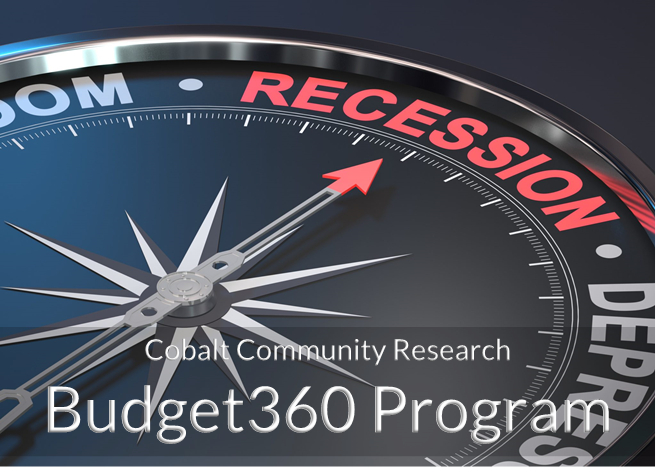|
Humans have persevered throughout the ages- coexisting and building new routes together - routes that are still traveled today. These travels and new experiences could not have been possible without different kinds of individuals.
Each person has their own calling. Some will be wise and well-traveled, others might be in a leadership position, some might even participate in revolutions and promoting change. Each individual’s unique personality can be linked with an archetype. A quick Google search will define an archetype as a "very typical example of a certain person or thing." But life is like a river: things are constantly moving, shifting, and of course - changing. People can change in their archetypes over time and with new experiences and new context. Communities and their archetypes can do the same! In today’s article, we will be diving into the benefits to changing your community’s archetype. 1. Change is Inevitable Change is one of life's few guarantees. Over time your community will change. It can be from the outside in (with the physical space changing) or the inside out (over 20 years, those who led your community have moved on). Change allows us to clearly identify why our archetype should change over time to create a new focus. It will bend, grow, and mold itself to best suit the community. 2. Refocusing/Rechecking your Work Experiences offer new opportunities - which can be a gift and a curse. Expanding your reach can be a good thing. With that in mind, reaching too far might disrupt a community’s performance . Refocus on your community’s primary goals and make sure you are still in the best position based on the evolving needs of the people you serve and the evolving demographic and psychographic makeup. 3. Being Seen in a New Light Shedding an old shell will allow the community to get a fresh start, which is sometimes needed to leave things behind and look toward your community’s new and exciting future. Being seen in a new light will allow your community to reframe its personality. This will open opportunities for the community to showcase its unique offerings with a new breath of air. In summary, understanding your community archetype is an essential part of keeping your sight on the role teach team plays within the community. Refocus on primary goals to avoid spreading the team’s efforts too thin. Finally, if your community’s way of behaving has not seen some revision - it is vital to make sure your archetype is still growing with you. Without growth, your community will fade as the population ages, youth move away, and you deliver less and less value with each passing year. Do not be afraid to push forward! Test the focus of your community to the primary goals. Learning offers new experiences, and promoting growth allows for new opportunities. |
Further reading
|
For more information on how Cobalt can help you adapt and thrive in the changing demographic, economic and social environment, visit the Cobalt website or reach out to us by email. Let us know if you need anything at all for benchmarking or research data; we are here for you.
Cobalt Community Research is a national 501c3 nonprofit, non-partisan coalition that helps local governments, schools and membership organizations measure, benchmark, and affordably engage communities through high-quality metrics, mobile geofencing data, surveys, and dynamic population segmentation. Cobalt combines big data with local insights to help organizations thrive as changes emerge in the economic, demographic and social landscape. Explore how we can help by calling 877.888.0209, or by emailing [email protected].
Cobalt Community Research is a national 501c3 nonprofit, non-partisan coalition that helps local governments, schools and membership organizations measure, benchmark, and affordably engage communities through high-quality metrics, mobile geofencing data, surveys, and dynamic population segmentation. Cobalt combines big data with local insights to help organizations thrive as changes emerge in the economic, demographic and social landscape. Explore how we can help by calling 877.888.0209, or by emailing [email protected].






